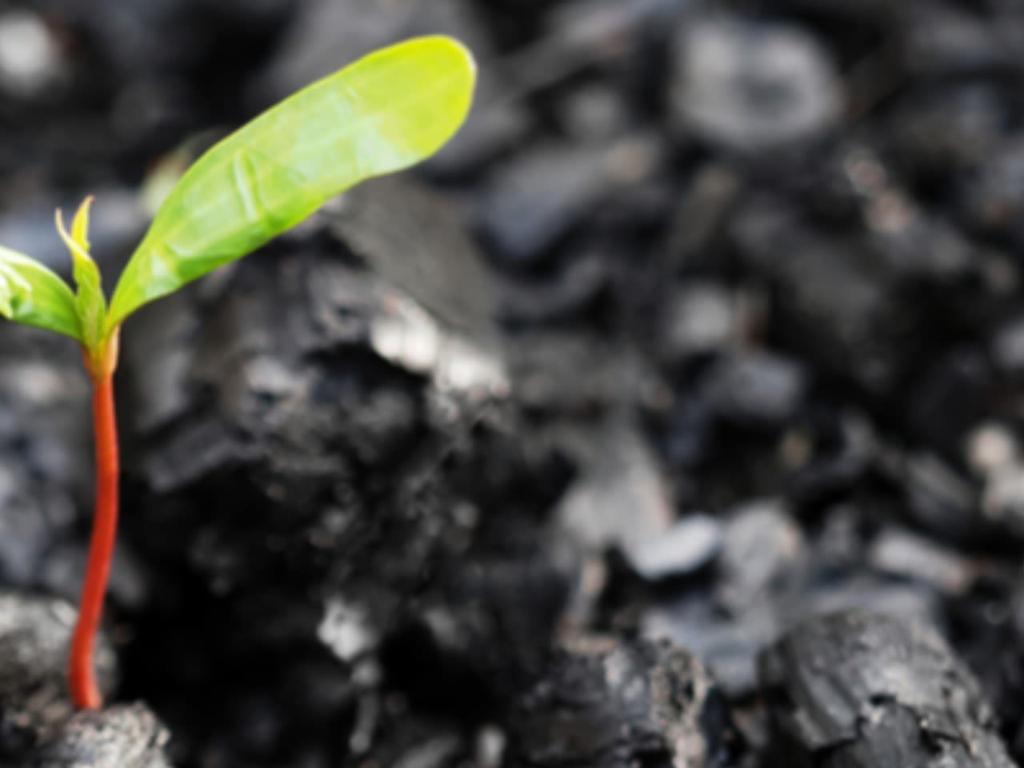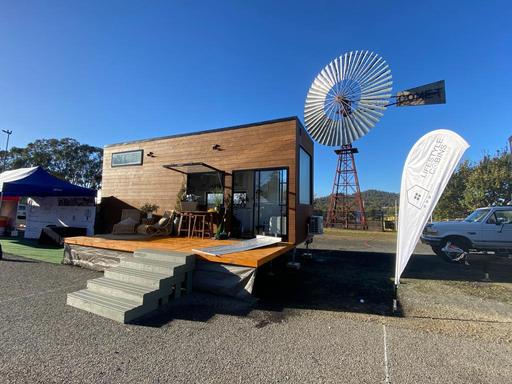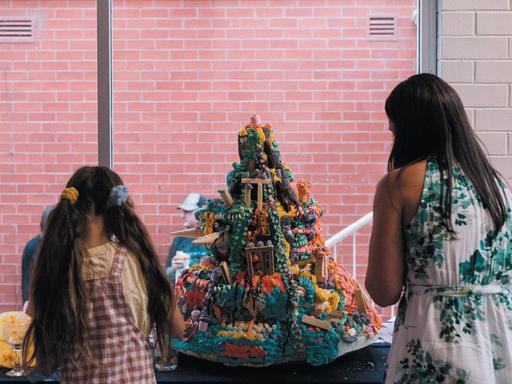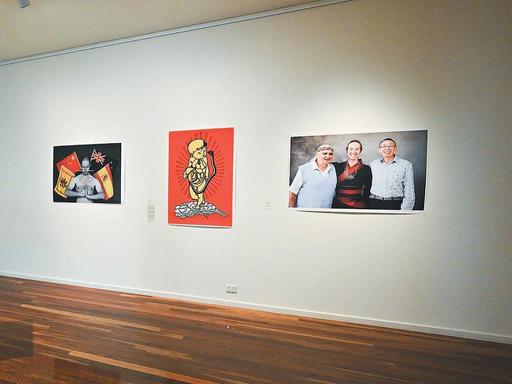when: 18 August 2022 | venue: Online | cost: Free | address: See event description for details on how to connect. | website: https://www.australiachinarelations.org/content/australia-prc-energy-trade-and-technology-cooperation-and-energy-transition-webinar | tickets: https://utsmeet.zoom.us/webinar/register/WN_4ZfM7v8mSeWb1H53lwbIJQ
published: 17 Aug 2022, 5 min read
This showcased event has concluded.
Expired
Australia and the People's Republic of China (PRC) have complementary economic structures with clear opportunities for mutually beneficial trade. In 2019, coal and liquefied natural gas (LNG) accounted for 25 percent of Australia's goods exports to the PRC, behind only iron ore in terms of value.
Now, however, bilateral energy commodity trade is facing two significant challenges. First, in 2020 geopolitical tensions spilled over to bring an end to Australian coal exports. The PRC has also stepped up efforts to diversify LNG imports away from Australia. This has included striking multiple long-term supply deals with US companies, despite strategic rivalry between Beijing and Washington becoming increasingly fractious.
Second, Beijing is transitioning from fossil fuels to a low carbon energy system. This energy transition, which is critical to achieving Beijing's ambitious plan of achieving a carbon peak by 2030 and carbon neutrality by 2060, will significantly impact Australia's coal and LNG exports in the long run. Australia's own more ambitious emission reduction targets and climate goals may also affect its industries and exports. These factors are also creating challenges for research and technology cooperation in the energy area.
This raises a number of questions: How will the PRC's domestic climate change and energy policies affect Australia? What are the opportunities and challenges for energy trade and technology cooperation between Australia and the PRC? What impact is political tensions in the bilateral relationship having upon energy trade and technology cooperation?
The Australia-China Relations Institute at the University of Technology Sydney (UTS:ACRI), in partnership with the International Society for Energy Transition Studies (ISETS), will host a webinar with 10-minute presentations by Dr Xiujian Peng, Senior Research Fellow, Centre of Policy Studies, Victoria University; Dr Jorrit Gosens, Fellow, Crawford School of Public Policy, ANU; and Mr Anthony Coles, Chair, Net Zero Working Group, Australia-China Business Council (ACBC) in a session chaired by Professor Xunpeng Shi, UTS:ACRI Research Principal, to discuss these questions and more. The presentations will be followed by audience Q&A.
Content from UpNext.com.au. Please don't scrape website.
Australia and the People's Republic of China (PRC) have complementary economic structures with clear opportunities for mutually beneficial trade. In 2019, coal and liquefied natural gas (LNG) accounted for 25 percent of Australia's goods exports to the PRC, behind only iron ore in terms of value.
Now, however, bilateral energy commodity trade is facing two significant challenges. First, in 2020 geopolitical tensions spilled over to bring an end to Australian coal exports. The PRC has also stepped up efforts to diversify LNG imports away from Australia. This has included striking multiple long-term supply deals with US companies, despite strategic rivalry between Beijing and Washington becoming increasingly fractious.
Second, Beijing is transitioning from fossil fuels to a low carbon energy system. This energy transition, which is critical to achieving Beijing's ambitious plan of achieving a carbon peak by 2030 and carbon neutrality by 2060, will significantly impact Australia's coal and LNG exports in the long run. Australia's own more ambitious emission reduction targets and climate goals may also affect its industries and exports. These factors are also creating challenges for research and technology cooperation in the energy area.
This raises a number of questions: How will the PRC's domestic climate change and energy policies affect Australia? What are the opportunities and challenges for energy trade and technology cooperation between Australia and the PRC? What impact is political tensions in the bilateral relationship having upon energy trade and technology cooperation?
The Australia-China Relations Institute at the University of Technology Sydney (UTS:ACRI), in partnership with the International Society for Energy Transition Studies (ISETS), will host a webinar with 10-minute presentations by Dr Xiujian Peng, Senior Research Fellow, Centre of Policy Studies, Victoria University; Dr Jorrit Gosens, Fellow, Crawford School of Public Policy, ANU; and Mr Anthony Coles, Chair, Net Zero Working Group, Australia-China Business Council (ACBC) in a session chaired by Professor Xunpeng Shi, UTS:ACRI Research Principal, to discuss these questions and more. The presentations will be followed by audience Q&A.
Go see Australia-PRC energy trade and technology cooperation 2022.

Australia-PRC energy trade and technology cooperation 2022 is on 18 August 2022. See start and end times below. Conveniently located in Sydney. Call 02 9514 8953 for details. Visit their website at https://www.australiachinarelations.org/content/australia-prc-energy-trade-and-technology-cooperation-and-energy-transition-webinar.
Are we missing something? Help us improve this article. Reach out to us.
Event Details
Are you looking for 'Things To Do' ideas?
Upnext Team
We love helping people
See recent events discovered by Upnext Team

Expired
Adelaide Tiny Home Expo 2023
Discover Tiny Houses and why they are taking Australia by storm. Tiny houses on and off wheels, luxury Airbnb models, m...

Expired
Drag Bingo & Cocktail Fun! 2023
Celebrate a Sunday afternoon with Bingo with a difference...Drag Bingo.Join hosts Fifi and Princess Laya as they perform...

Expired
Have You Eaten? 2023
Have You Eaten? is an immersive art exhibition that invites you to consider your perfect picnic, favourite foods, and co...

Expired
Punk Protest Propaganda 2023
Discover The Political Art of Fahmi Reza, a captivating exhibition at Nexus Gallery.Fahmi Reza, a self-taught Malaysian ...













